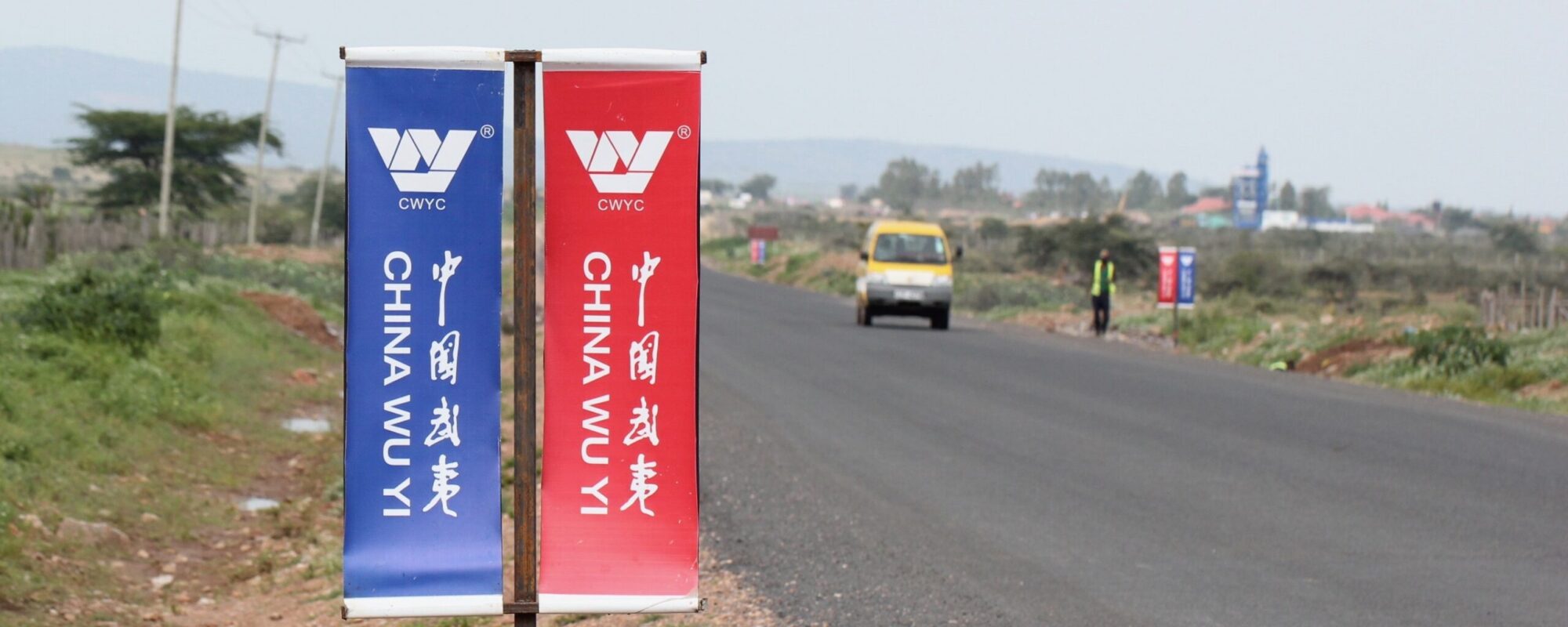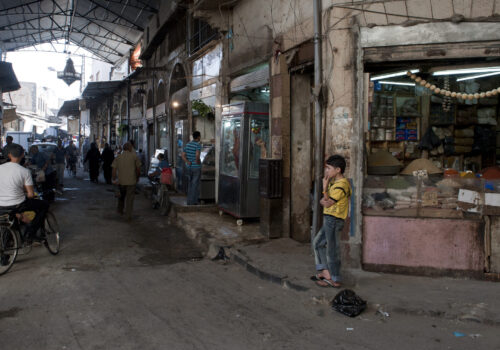President Joe Biden’s December visit to tout a US-funded railway project in Africa, the last announced international trip of his presidency, came as a debt crisis is roiling the continent and Western countries are competing with an embedded China for influence and access to strategic minerals. The continent’s foreign debt surpassed $1.1 trillion at the end of 2023, according to The New York Times, with roughly half of African countries in excessive debt or considered at high risk.
Burdened by foreign loans with exorbitant interest rates, African governments have cut public services and borrowed further to avoid defaulting. As a result, their currencies have depreciated, poverty has risen, and social and political unrest is growing.
Former ICWA fellow Casey Kelso (Botswana, Namibia, Mozambique, Zimbabwe), who studied societies, economies and food production systems in Southern Africa from 1991 to 1993, sees the debt crisis as a “huge” issue that is prompting calls at the G20 and UN for debt restructuring and quality relief. Failing to do enough will have far-reaching implications for Western countries.
After working as the policy and advocacy director at Transparency International for 15 years, Casey now serves as a consultant for community foundations, including in Zimbabwe.
Countries like Kenya and Nigeria are having difficulty clawing out of “odious debt,” he said, which is compounded when they must borrow more to pay off loans or bet on privatization and the exploitation of natural resources.
“Overseas development assistance now is less concessionary, comes with an interest rate, and is attached to corporate investment that needs to make a profit,” he said. “There are guarantees that if they don’t make a profit, then someone has to pay, and it’s usually the public purse of African countries.”
While France and other Western countries are experiencing waning influence in Africa amid a reckoning with resentment over their colonial pasts, China continues to grow as a major lender on the continent, accounting for roughly 75 percent of bilateral borrowing in Kenya, Nigeria and Uganda, in addition to financing a fifth of African infrastructure projects over the last 20 years as part of its Belt and Road Initiative.
As a fellow in the 1990s, Casey witnessed several precursors to the current economic disaster. In Zambia at the time, when President Frederick Chiluba’s government was privatizing state enterprises, Chinese companies bought up many of the country’s copper mines.
Although China’s economic ties with Zambia are among the oldest in Africa, Zambians describe a “love-hate relationship,” Casey said, with anti-Chinese riots erupting in 2018 and 2019. Chinese investments have been criticized for their lack of transparency, poor quality and longevity, exclusive use of Chinese workers and contractors, and for skirting government regulations.
The mixed feelings extend to societal relations. “A whole Chinese community has popped up in Zambia, and at the same time, they’re very separate,” he said. “There’s a resentment among Zambians that the Chinese are doing better than a lot of Zambians are.”
At the same time, China has become sub-Saharan Africa’s largest trading partner, with Chinese imports reshaping the economies of Southern Africa.
In Zimbabwe, where China is the fourth-largest trading partner, the influx of Chinese goods has allowed people to buy cheaply but also wiped out the manufacturing industry and textile plants Casey remembers from the time of his fellowship. The country has become more of a raw resource producer of tobacco, lithium, gold and diamonds.
And when African governments fail to repay loans for public infrastructure projects, they sometimes find themselves in a debt trap: The Chinese either take payment in kind with agricultural goods or simply repossess assets, as they did with Sri Lanka’s Hambantota deep water port.
“Western terms can be equally exploitative but they’re more concessionary than the Chinese mix of trade, investment and aid,” Casey said. “That mix often leaves China in a stronger position of ownership.”
Still, Casey has hope that regional institutions such as the Southern Africa Development Community (SADC), along with democratic elections in South Africa and Zambia, can advance a new generation of “less corrupt and more principled” leaders who would help alleviate the debt crisis.
Africa has the world’s fastest-growing, youngest population, which is projected to grow to 2.5 billion by 2050. Western countries should be particularly concerned about the crisis on the continent, Casey argues, because whatever happens there—especially with the climate and economic push factors feeding migration to Europe and beyond—affects their own politics and societies.
“If you had a humane foreign policy that actually tried to build jobs and a thriving economy in these countries because you owe them a debt as reparations from colonialism,” he said, “Europe would not have as many economic migrants that are desperate to survive come to their countries.”
Top photo: Chinese construction signs near Maasai Mara in Kenya (Kandukuru Nagarjun, Wikimedia Commons)




